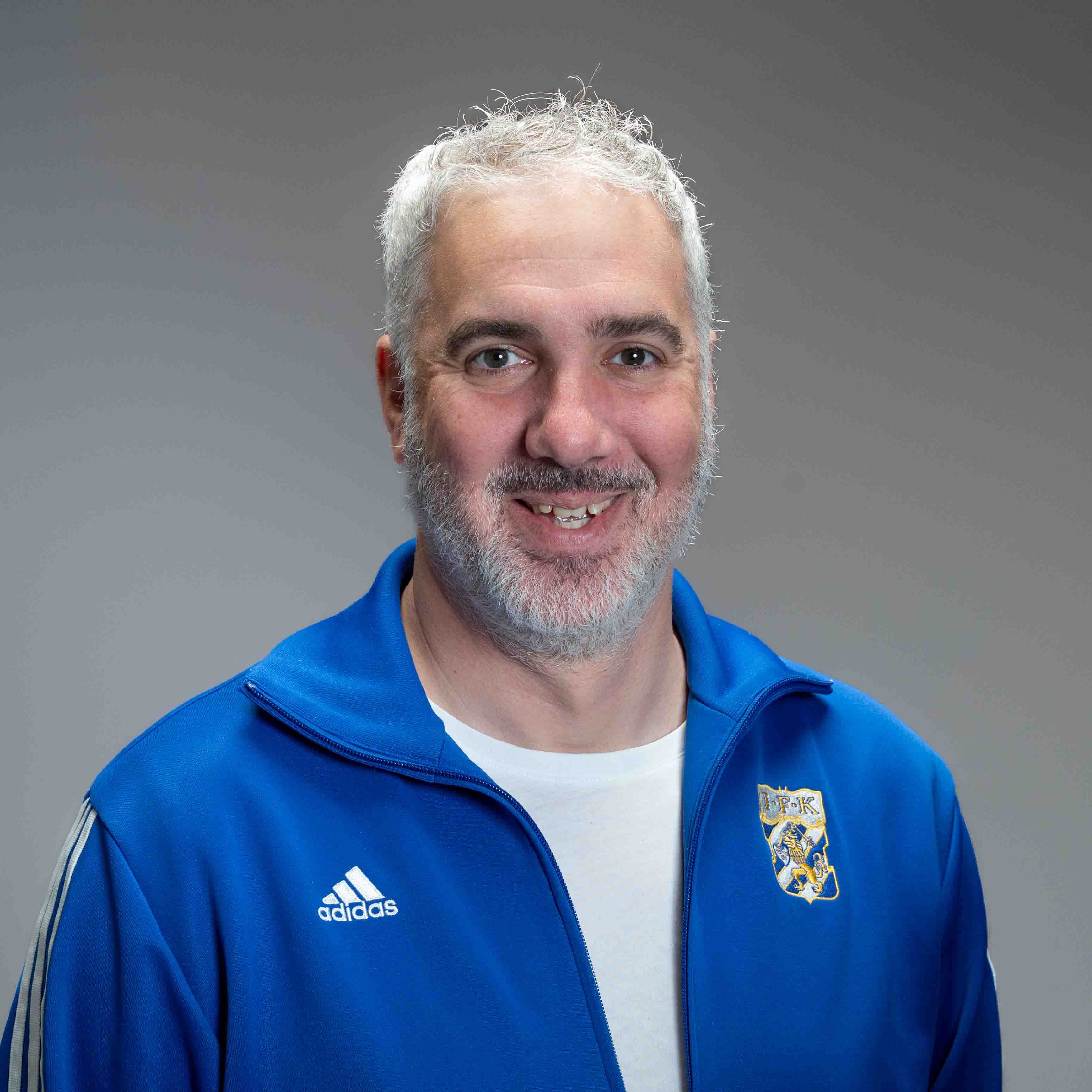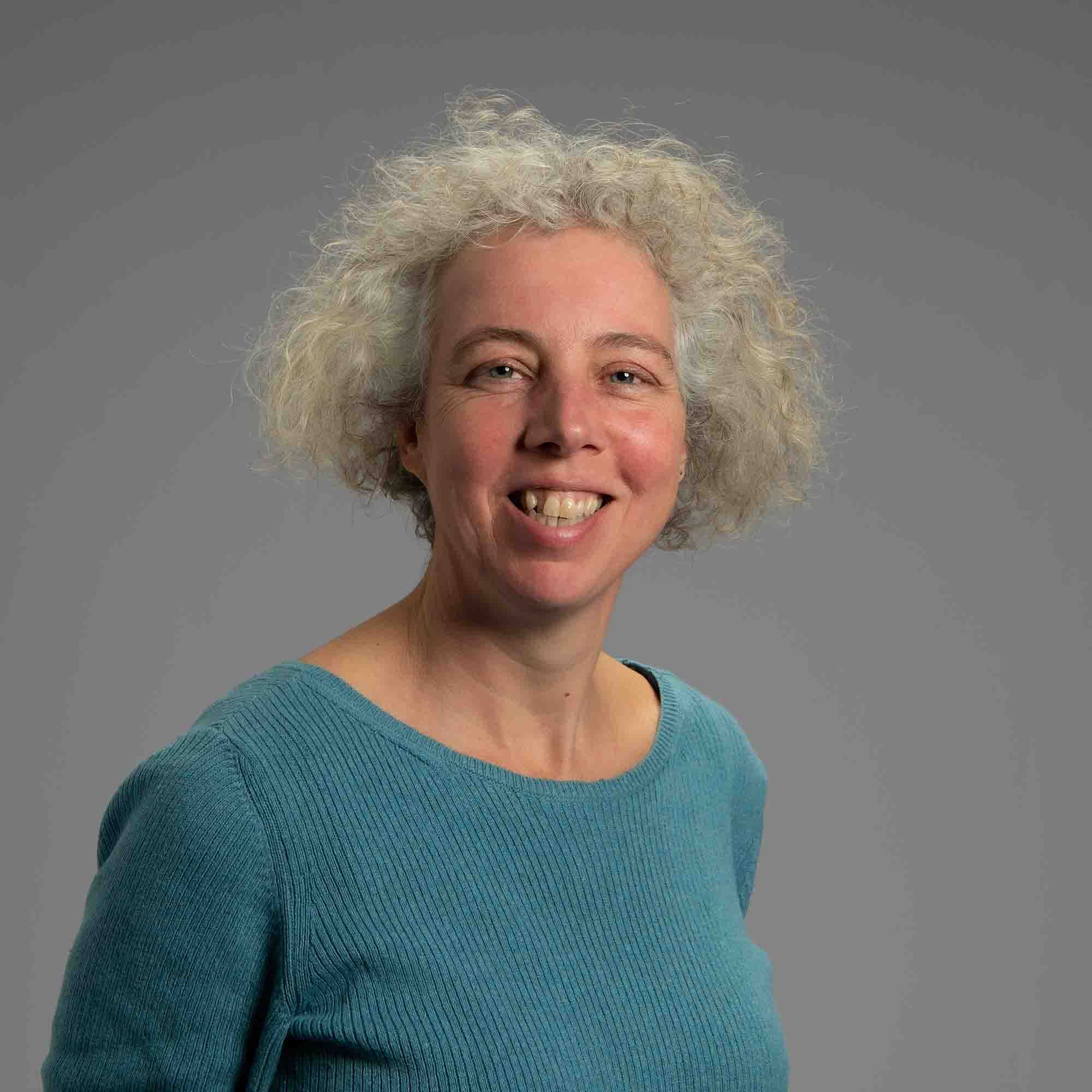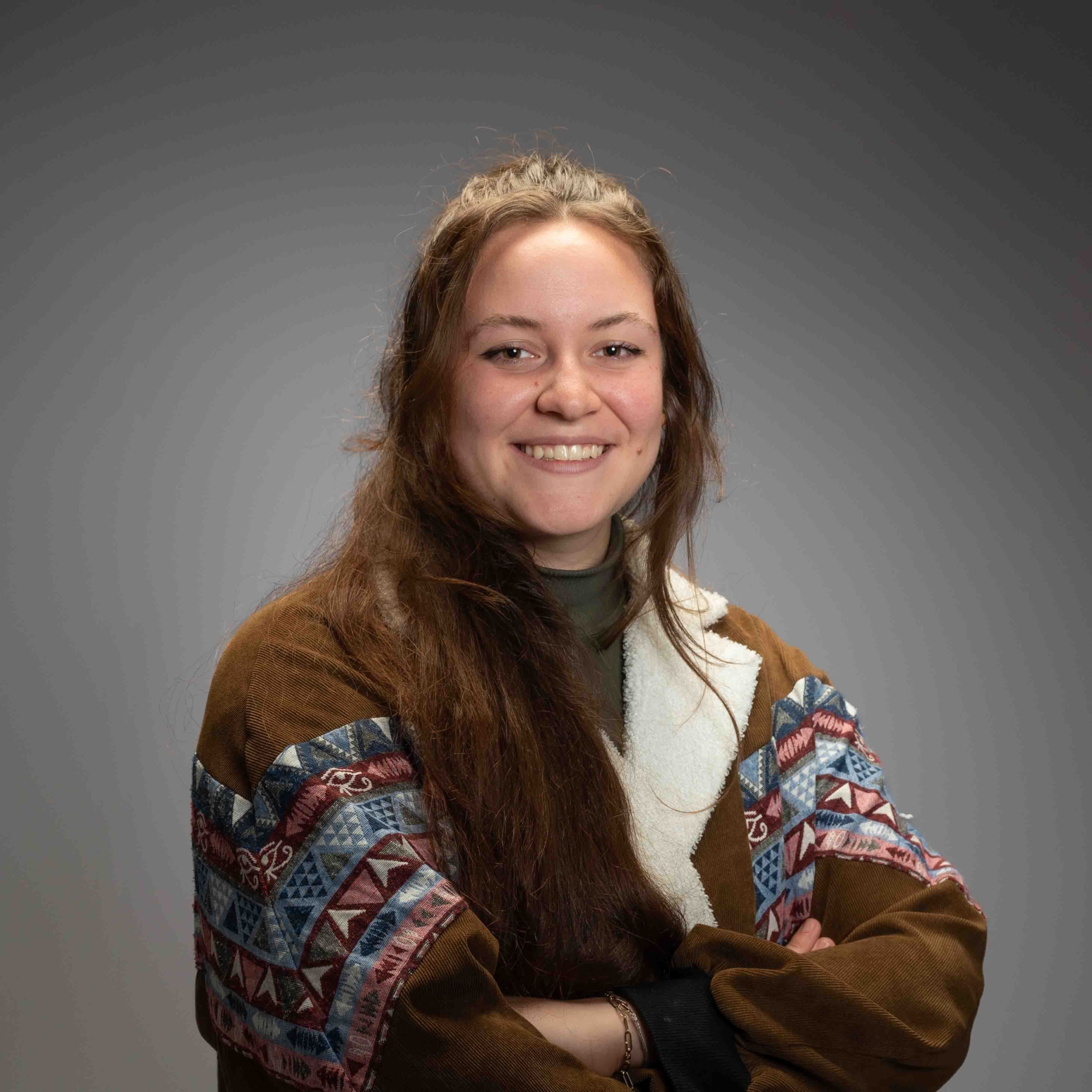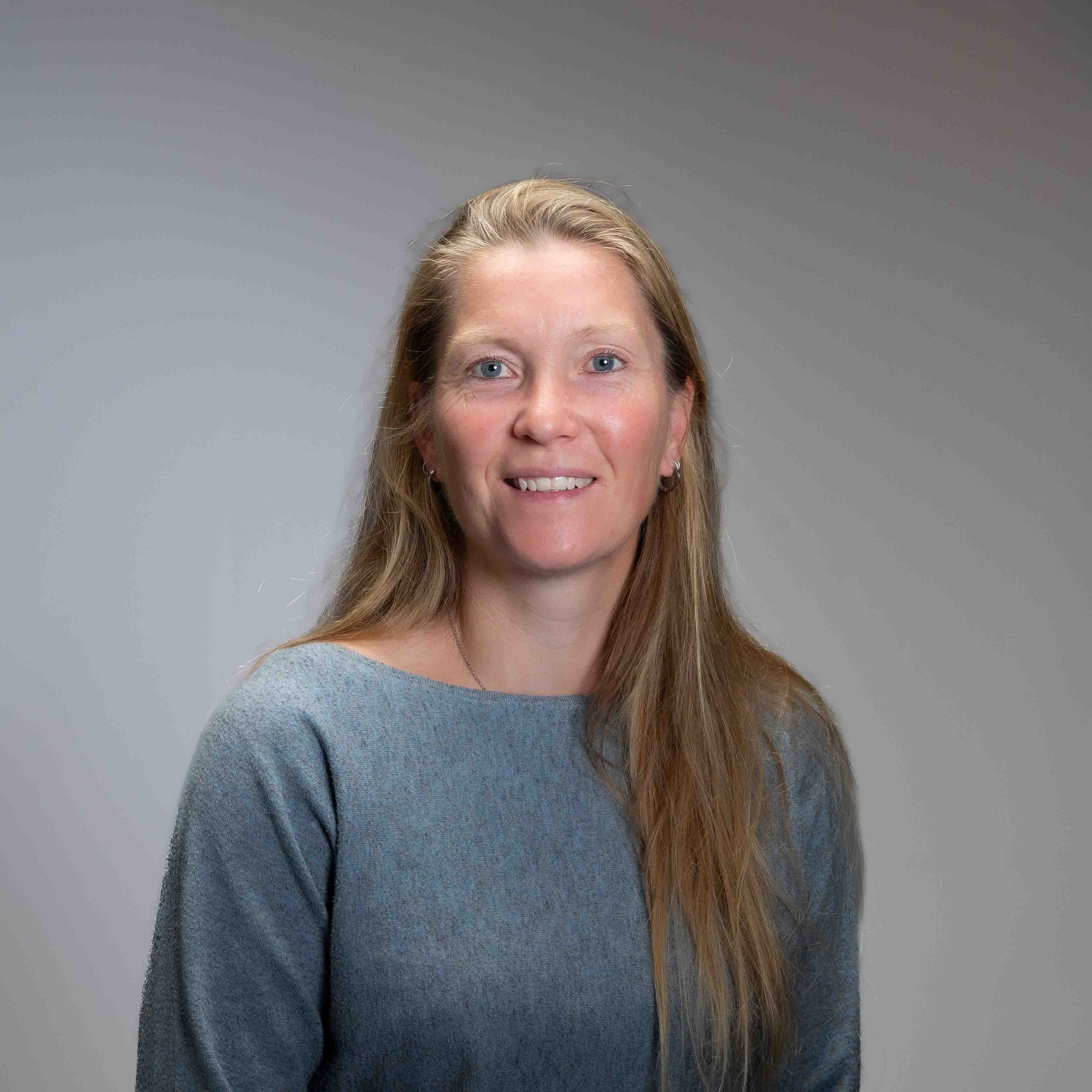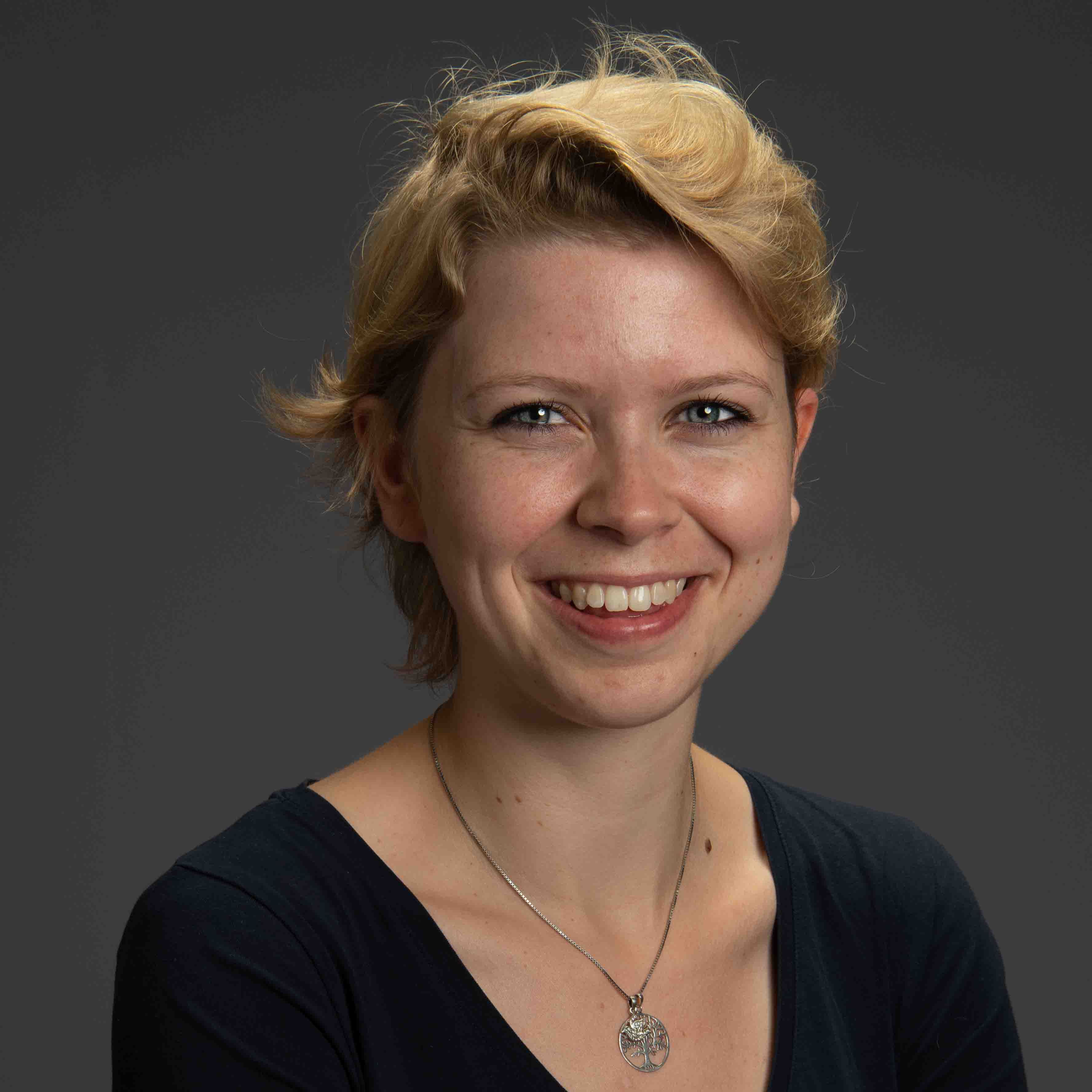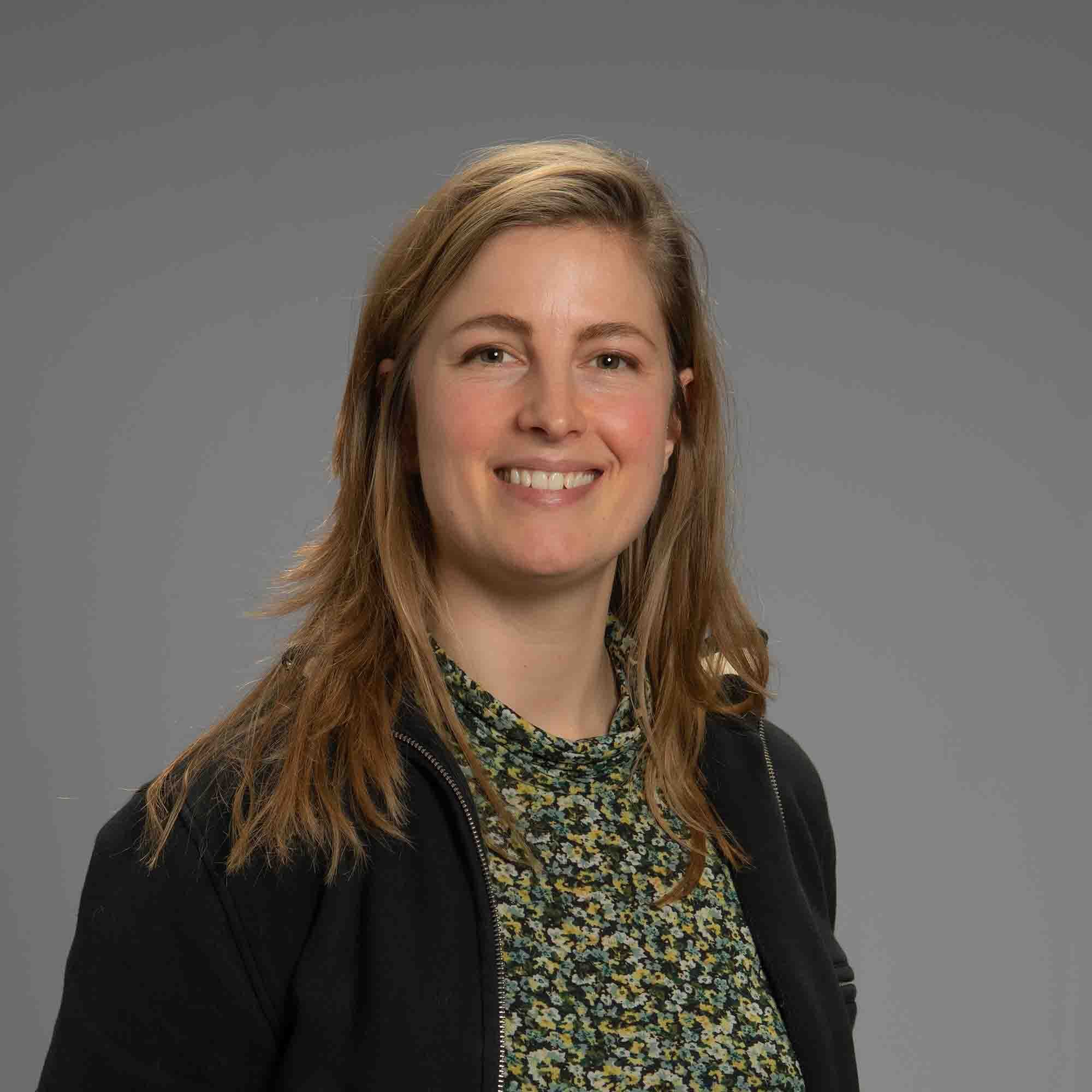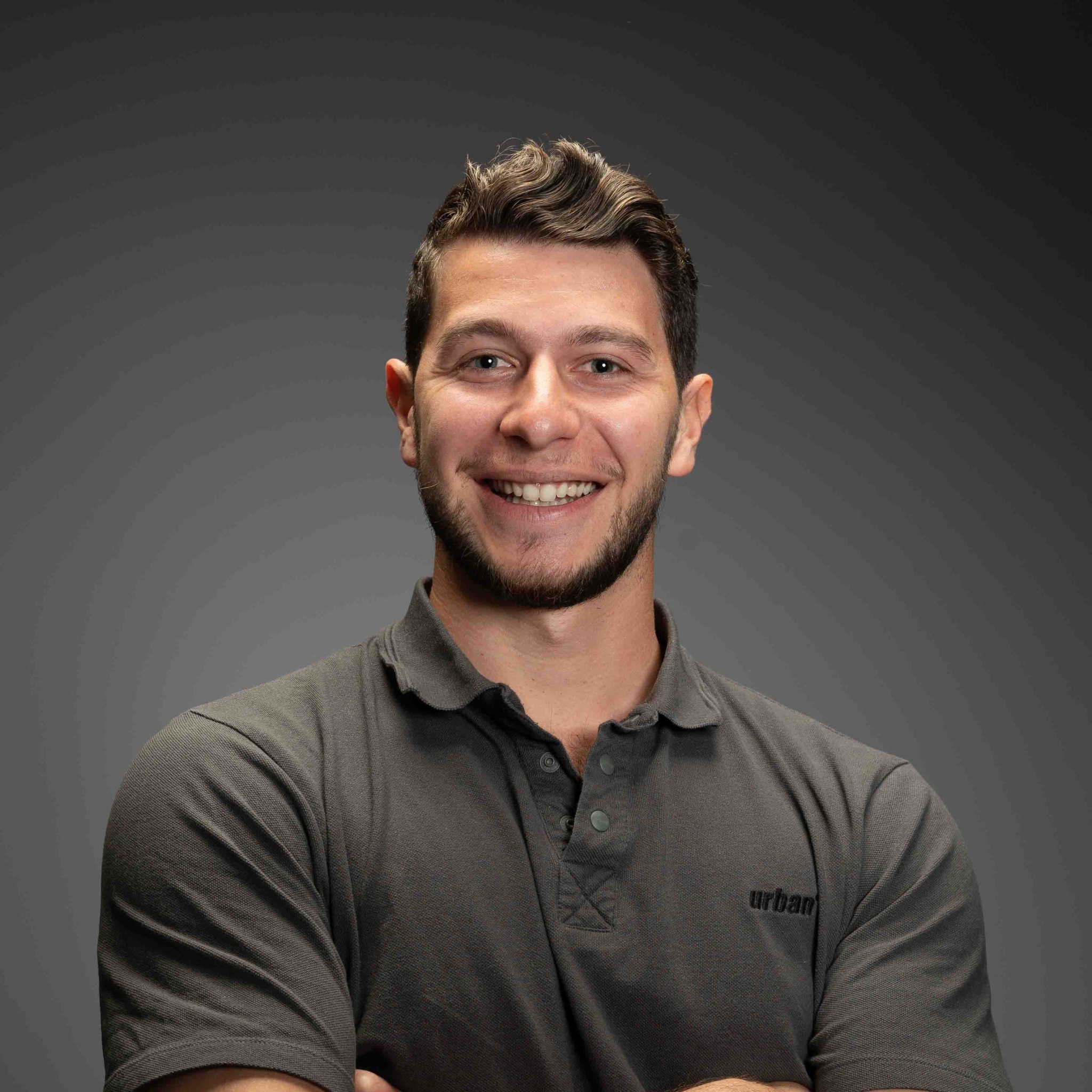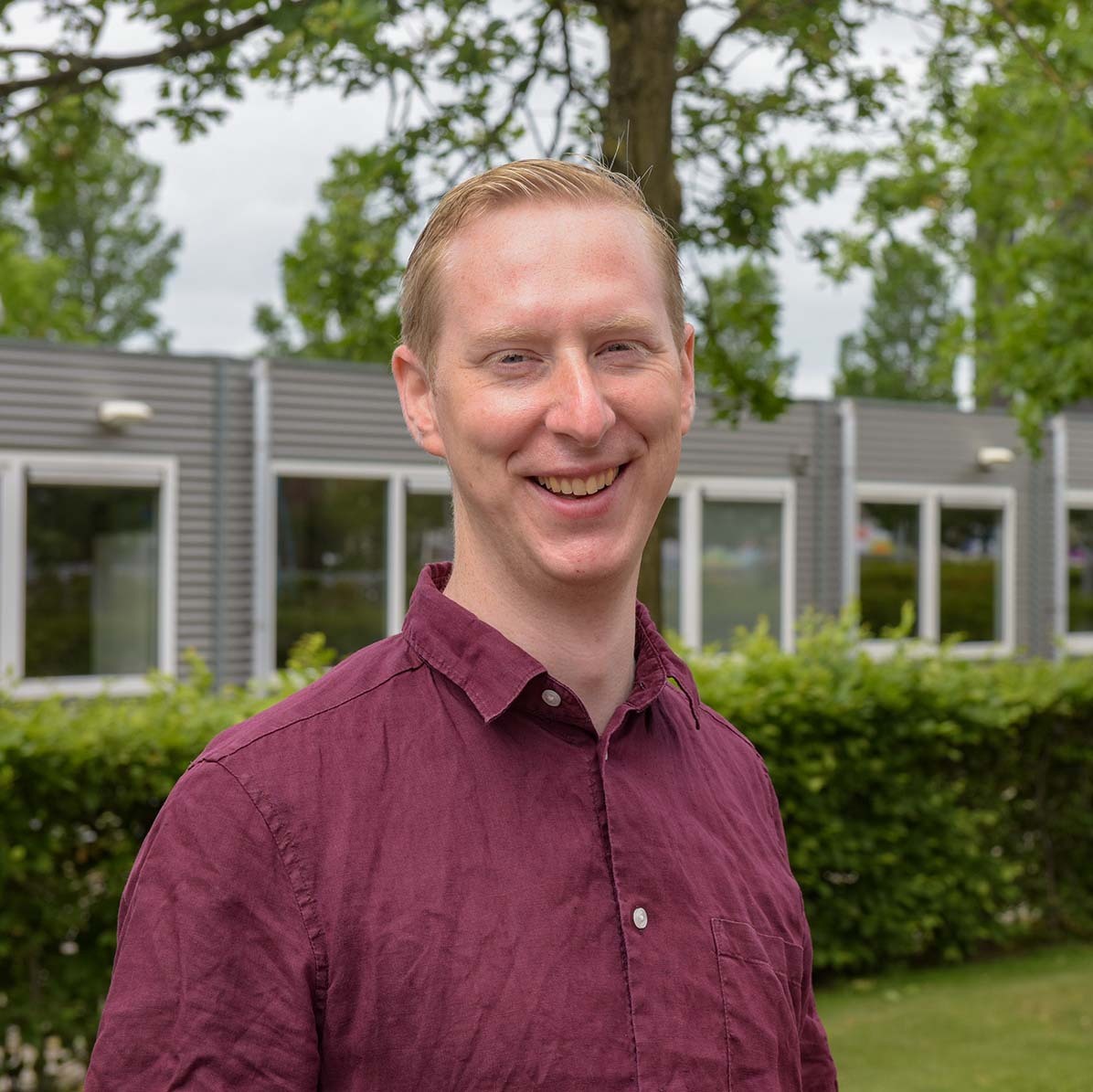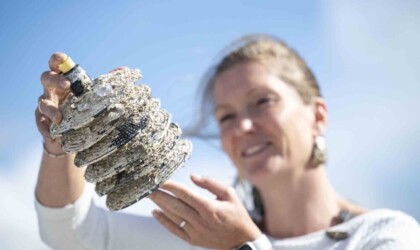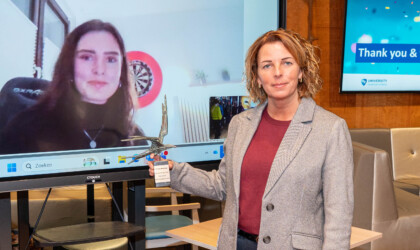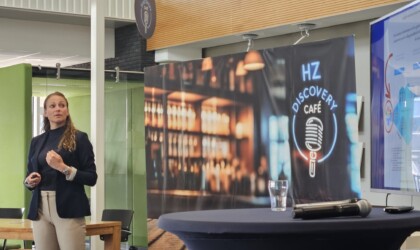The Aquaculture in Delta Areas lectureship supports entrepreneurs in the aquaculture sector by investigating their knowledge questions in a practice-oriented way.
The demand for seafood is rising on a worldwide scale. The world’s population is increasing and more people are now eating fish and seafood because it’s healthy. However, in contrast, the supply of fish, shellfish and crustaceans from wild fisheries has stagnated. We are now in need of more controlled production methods, or rather aquaculture, in order to satisfy the increasing demand for seafood.
The province of Zeeland boasts a long tradition where salty aquaculture is concerned. The province is located in a delta area and the salt water is readily available; a perfect location for the sustainable farming of fish, as well as shellfish and crustaceans. Many Zeeland entrepreneurs are leading the way in the growing of algae, seaweed, worms, lobster and fish.
Innovation challenges
Yet aquaculture is still very much in its infancy when you compare it to agriculture. Entrepreneurs in aquaculture have run into plenty of knowledge issues and innovation challenges. Including, for example, how to optimise their production, what the possibilities are for growing new species, or which techniques would be better.
Support
The Aquaculture in Delta Areas research group supports these entrepreneurs by researching some of the practical questions and issues. They often do this together with other knowledge institutes and consultancies. Lecturers, teacher researchers, project employees and students all work together with professional representatives in various different projects. The research is conducted on location, in the field or in the specially designed SEA lab. In addition to conducting the research, the research group also organises aquaculture training and courses.
Projects
Mussel hanging culture pilot project
Many of the young mussels (mussel seed) that grow into Zeeland mussels in the Eastern…
Flipfarm in Waterdunen
To date, oysters in the Netherlands are cultivated at the bottom of shallow waters (i.e.…

